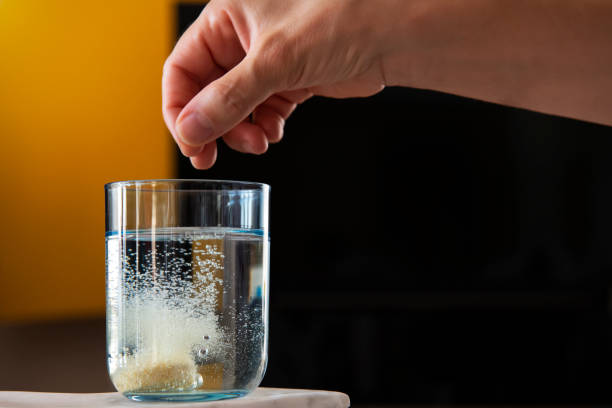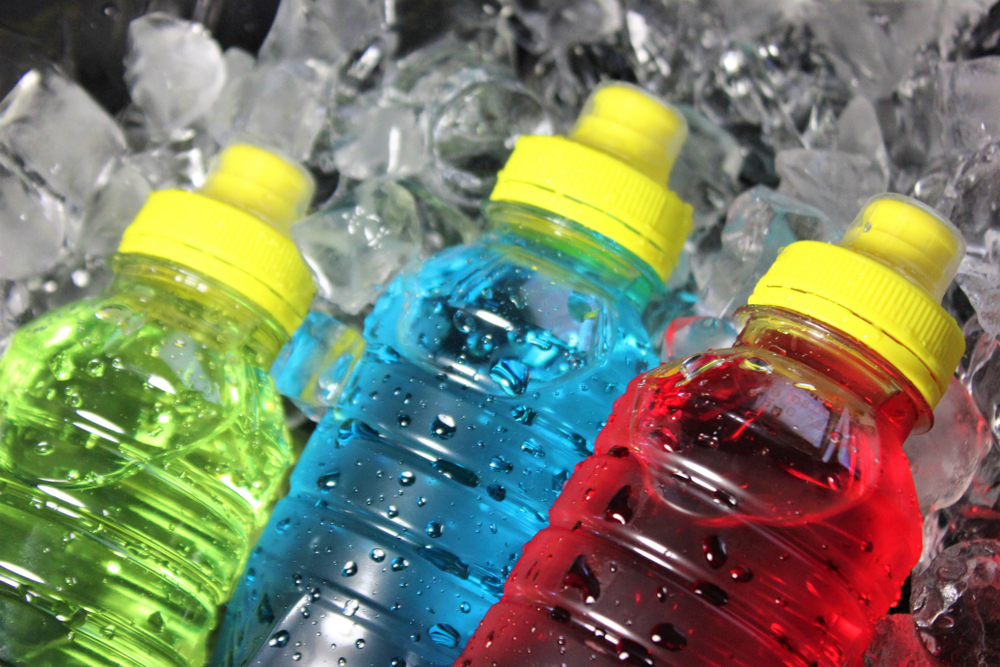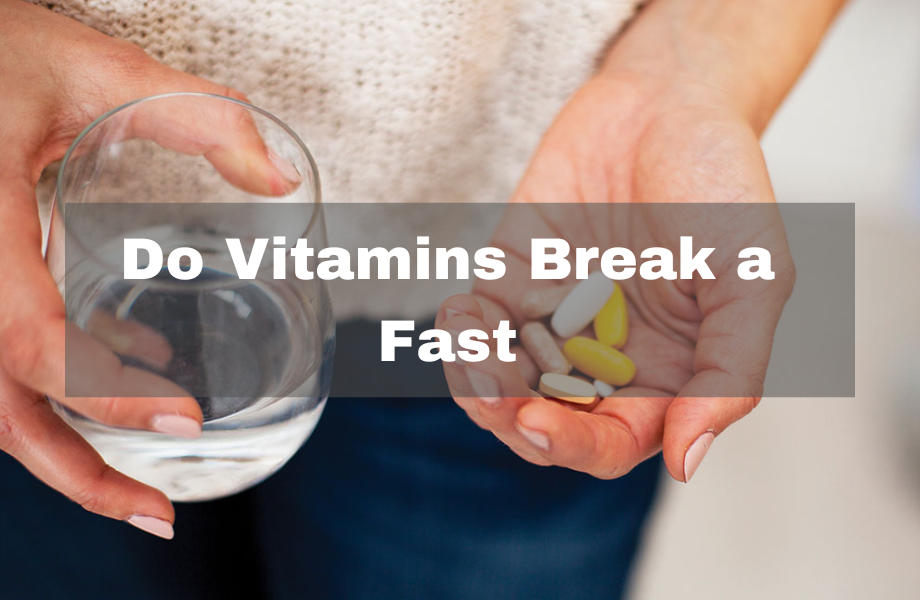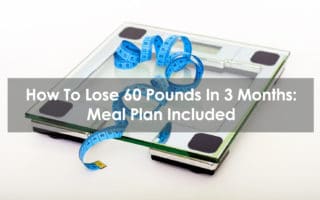One of the healthiest things you can do for your body is to engage in periods of fasting. It has been demonstrated that intermittent fasting increases fat reduction, enhances mental clarity, reduces inflammation, lowers blood pressure, improves nerve function, and controls the release of insulin. For success, though, you need to go for an extended period of time without consuming any calories. [1]
But what about if you take vitamins? Will your supplements break your fast? It’s a good question, and you will find the definitive answer in this article.
The Quick Answer
The quick answer to our question is no. Vitamins will not interfere with your fasting window. But there is a qualification; you need to make sure that the supplement you are taking does not contain any calories in the form of carbohydrates, fats, or protein. Additives and preservatives may also add calories.
On some fasts, certain types of calories are permissible. For instance, some intermittent fasting protocols allow a person to consume bone broth, which contains a few calories and provides protein in the form of collagen.
Which Vitamins will Break a Fast

Having established that there are, in fact, some supplements and vitamins that could break your fast, let’s start identifying what they are. Here are five types of supplements that you need to stay away from if you are intermittent fasting:
- Gummy Bears – gummies will make your vitamins more palatable and fun. The downside is that they are usually injected with sugar. That, in turn, adds calories, which will bring your fast to a crashing halt.
- Fat-Soluble Vitamins – this one is quite interesting; fat-soluble vitamins will not actually break your fast. However, by definition, a fat-soluble vitamin needs fat in order for it to be properly digested into your system. So, if you choose to take fat-soluble vitamins into your body while fasting, you will be wasting your time and money.
The fat-soluble vitamins are A, D, E, and K.
- Branch Chain Amino Acids – the three branch chain amino acids or BCAAs are the amino acids leucine, valine, and isoleucine. These may contain calories, but even if they don’t, BCAAs can slow down the intermittent fasting cell-cleaning effect. They can also lead to an insulin response that is not helpful when fasting for fat loss. [2]
- Protein Powder – if you are in the habit of taking a protein powder post-workout in order to aid your recovery, you will have to rethink this strategy during a period of intermittent fasting. That is because a protein powder will contain calories. Even the lowest-calorie protein powder will have about 125 calories in it. So, I recommend, if possible, adjusting your fasting and workout schedule so that your workouts fall within your intermittent fasting feeding window.
- Bone Broth – this is an excellent form of collagen protein to ensure that you do not lose any muscle to use while fasting. However, you need to check whether the fasting protocol that you are following allows you to consume bone broth because it does contain some calories.
What Vitamins Can I Safely Take During a Fast?
Having ruled out certain types of vitamins and supplements during your period of fasting, let’s now consider what vitamins you can safely take while fasting. Here are five types of vitamins that you can safely use:
Water Soluble Vitamins

Water soluble vitamins do not contain any calories, so they are safe to consume on a fast. These types of vitamins get passed out in your urine, so it is important that you keep up a regular daily intake of them. When consuming water-soluble vitamins and fasting, you need to keep a good intake of water. [3]
Examples of vitamins and minerals that will not break a fast are Vitamin C, Folic Acid, and B-Complex vitamins.
Electrolytes

Electrolytes, such as sodium, calcium, magnesium, and potassium, are minerals that cause an electrical current to flow through your body. Numerous body processes depend on electrolytes, including maintaining a healthy pH balance, inhibiting muscular contractions, transferring nerve impulses between your heart and muscles, controlling fluid levels, and assisting in blood clotting.
Long-term fasting can deplete your body of electrolytes, especially if you maintain a regular workout schedule during the fast. You can add them to a glass of water or a mug of black coffee to avoid the adverse effects brought on by electrolyte loss. [4]
Multivitamins

Multivitamins should be safe to take during a period of fasting, but you need to determine that they do not contain any calories. Check on the label that there are no carbohydrates, sugars, preservatives, or fillers in the mix.
The same proviso that was previously mentioned regarding fat-soluble vitamins applies here. Taking a multivitamin that contains a lot of fat-soluble vitamins is not a good idea when fasting. That’s because you need to be taking fats to digest them properly. As a result, you should take a multivitamin that mainly contains water-soluble vitamins and minerals.
Collagen Peptides

Essential amino acids found in collagen peptides support muscle growth, aid in fat loss, and maintain healthy blood sugar levels. As a result, if you usually use protein powder during your eating window, you might want to switch to collagen during your fast.
A 13g of bovine collagen serving has 47 calories, no sugar, and no carbohydrates. While collagen may not be appropriate for a strict fast, it is acceptable for a bone broth fast. Additionally, as collagen peptides are a tasteless powder, they are simple to mix into beverages like water, black coffee, or tea. [5]
Probiotics

Good bacteria found in probiotics aid in food digestion in the body. Probiotics can improve your ability to absorb nutrients from food or supplements because they support a healthy gut.
Despite the fact that it may seem paradoxical to take probiotics when fasting, fasting has been clinically proven to help increase your gut microbiota. By combining probiotics and intermittent fasting, you can develop a healthy gut that is ready to absorb important nutrients during your feeding window. [6]
Summary
Fasting will help you lose weight, improve insulin sensitivity, balance stomach acid levels, and improve muscle contractions. Most vitamins are ok to take during a fast. But some, like gummy vitamins, branched-chain amino acids, protein powder, and bone broth, will throw you out of your fasted state. You should also avoid fat-soluble vitamins as these require fat-containing food to be consumed alongside them for proper digestion.
Frequently Asked Questions
Are all vitamins able to be taken when fasting?
No, not all vitamins are able to be taken during a fasting period. You should not take those that contain calories, like many types of gummy vitamins, bone broth, protein powders, and BCAAs.
What are the best vitamins to take while fasting?
The best vitamins to take while fasting is water-soluble calorie-free vitamins, such as Vitamin C.
Is Intermittent fasting (IF) beneficial?
Yes, IF has been shown to control insulin levels, reduce body fat, improve muscle recovery, boost nerve function and enhance immune function.
References
- https://www.nia.nih.gov/news/research-intermittent-fasting-shows-health-benefits
- https://www.ncbi.nlm.nih.gov/pmc/articles/PMC2990190/
- https://pubmed.ncbi.nlm.nih.gov/30860745/
- https://www.ncbi.nlm.nih.gov/books/NBK234935/
- https://www.ncbi.nlm.nih.gov/pmc/articles/PMC6566836/
- https://my.clevelandclinic.org/health/articles/14598-probiotics







